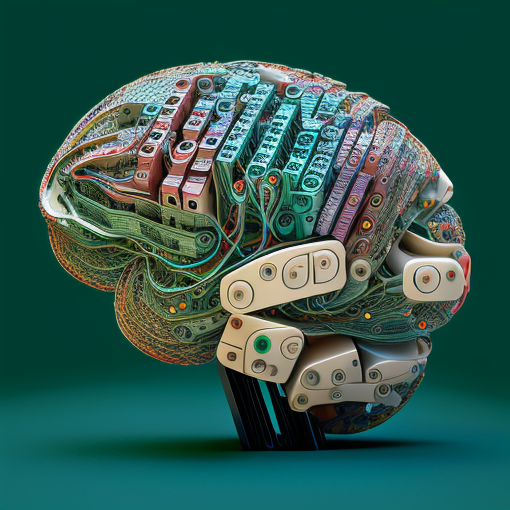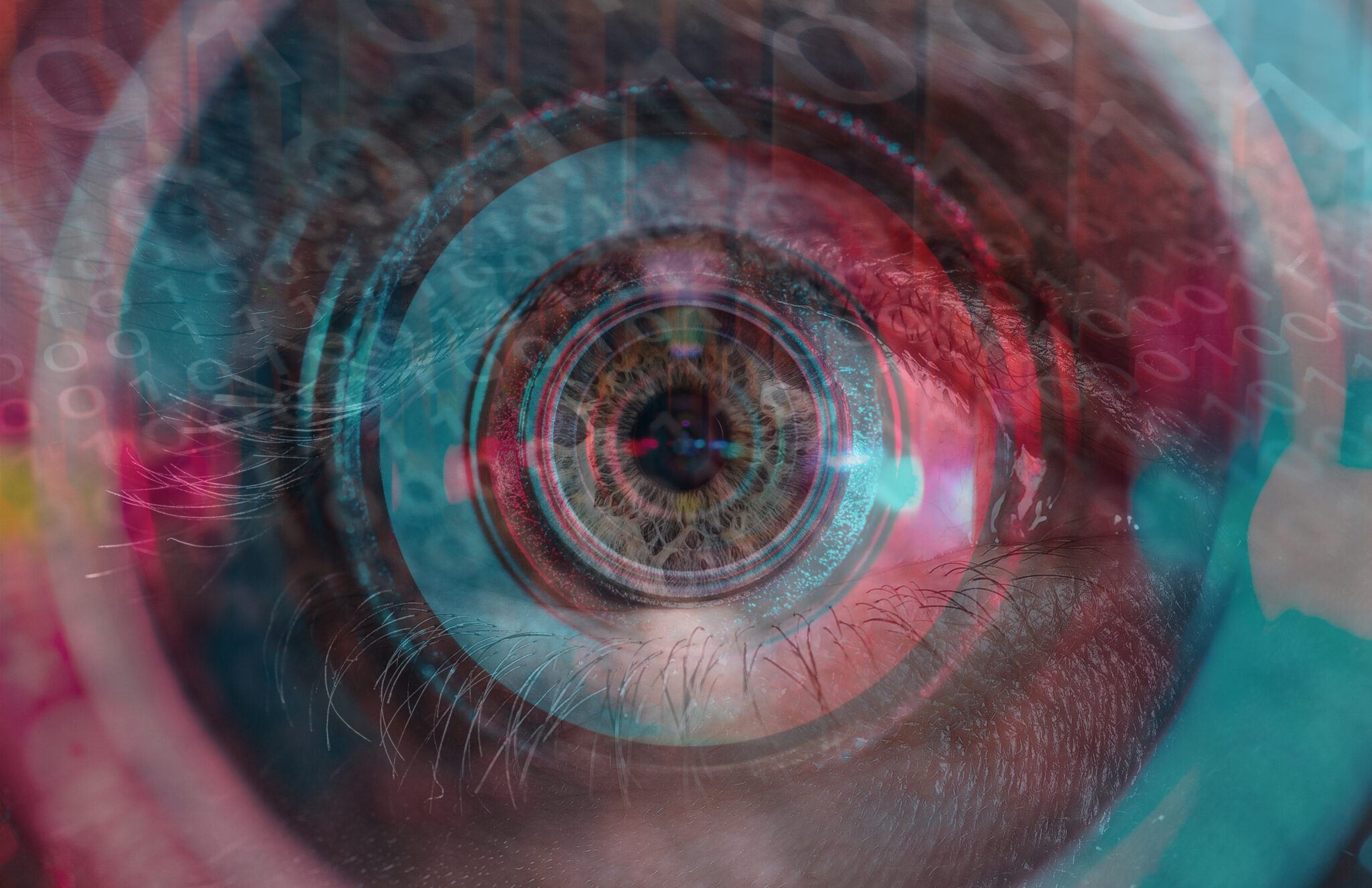Introduction
In the world of advanced computing, two emerging technologies have been making waves: probabilistic computing and quantum computing. These cutting-edge fields hold the promise of revolutionizing the way we process information, solve complex problems, and achieve breakthroughs in various domains. In this article, we will explore the realm of probabilistic and quantum computing, comparing their strengths, weaknesses, and potential applications. Ultimately, the question arises: Will probabilistic computing overshadow quantum computing? Let’s delve into the details and find out.
Understanding Probabilistic Computing
Probabilistic computing is an approach that leverages the principles of probability theory to process information. Traditional computing systems work with deterministic logic, providing definite outputs based on specific inputs. However, probabilistic computing introduces randomness and uncertainty into the computational process. By utilizing probabilistic models and algorithms, this paradigm allows for probabilistic outputs, enabling more flexible and nuanced computations.
Understanding Quantum Computing
Quantum computing, on the other hand, operates at the quantum level, harnessing the principles of quantum mechanics to perform computations. Unlike classical computers, which use bits to represent information as 0s and 1s, quantum computers use quantum bits, or qubits, which can exist in multiple states simultaneously. This property, known as superposition, grants quantum computers immense computational power, capable of solving certain problems exponentially faster than classical counterparts.
A Comparison between Probabilistic and Quantum Computing
To determine if probabilistic computing will overshadow quantum computing, let’s compare these two technologies across several key dimensions.
Speed and Efficiency
In terms of speed and efficiency, quantum computing has the upper hand. Quantum computers excel at solving certain types of problems, such as factorization and optimization, much faster than classical computers. On the other hand, probabilistic computing can provide probabilistic solutions efficiently but may struggle with deterministic computations requiring precise outputs.
Precision and Accuracy
Quantum computing shines in terms of precision and accuracy. It can perform calculations with exceptional precision, providing highly accurate results. Probabilistic computing, while offering more flexible and nuanced solutions, may introduce some degree of uncertainty into the outputs.
Scalability
When it comes to scalability, probabilistic computing holds an advantage. Traditional computers can readily incorporate probabilistic computing techniques without requiring significant architectural changes. On the other hand, quantum computing faces some challenges in scaling up due to the delicate nature of qubits and the need for precise control and error correction.
Potential Applications of Probabilistic Computing
Probabilistic computing has promising applications in various fields:
Artificial intelligence and machine learning: Probabilistic models can enhance the capabilities of AI systems by incorporating uncertainty and probabilistic reasoning. This enables more accurate predictions, better decision-making, and improved adaptability to changing environments.
Data analysis and prediction: Probabilistic algorithms can analyze complex datasets and provide probabilistic predictions, allowing for more robust and insightful data analysis. This can be particularly useful in areas such as predictive analytics, risk assessment, and anomaly detection.
Cryptography and security: Probabilistic techniques can enhance cryptographic protocols by introducing randomness and unpredictability, making them more resilient against attacks. This includes applications such as generating secure random numbers and cryptographic key generation.
Potential Applications of Quantum Computing
Quantum computing opens up a new realm of possibilities for solving problems that are currently intractable for classical computers:
Optimization problems: Quantum computers have the potential to revolutionize optimization tasks, such as finding the most efficient routes or optimizing complex logistical operations. They can explore a vast number of possibilities simultaneously, leading to significant speedups in solving optimization problems.
Molecular simulations: Understanding the behavior and properties of complex molecules is crucial in various scientific and industrial domains. Quantum computers can simulate quantum systems more accurately, enabling advancements in fields like drug discovery, material science, and chemical engineering.
Cryptography and security: Quantum computing also has implications for cryptography. While it poses a potential threat to current cryptographic systems, it also offers the possibility of developing quantum-resistant encryption algorithms and secure communication protocols.
Challenges and Limitations of Probabilistic Computing
Despite its potential, probabilistic computing faces some challenges and limitations:
Noise and errors: Introducing randomness and uncertainty can lead to increased susceptibility to noise and errors. Managing and mitigating these sources of uncertainty is a significant challenge in probabilistic computing.
Complexity and programming challenges: Developing probabilistic models and algorithms requires specialized expertise and can be more complex than traditional deterministic computing. Additionally, programming languages and frameworks for probabilistic computing are still evolving, posing challenges for developers.
Challenges and Limitations of Quantum Computing
Quantum computing, too, has its share of challenges and limitations:
Quantum decoherence: Quantum systems are extremely fragile and prone to decoherence, where the qubits lose their quantum properties and become entangled with the environment. Maintaining qubits’ coherence over a sufficient amount of time is a major hurdle in quantum computing.
Scalability and error correction: Building large-scale, fault-tolerant quantum computers is a significant engineering challenge. Quantum error correction techniques are necessary to detect and correct errors caused by noise and environmental interactions.
The Future of Probabilistic Computing holds exciting prospects:
Advancements and research areas: Ongoing research focuses on developing more efficient probabilistic models, algorithms, and techniques. This includes improving noise resilience, exploring new probabilistic programming languages, and advancing probabilistic reasoning methodologies.
Integration with existing technologies: Probabilistic computing can complement existing technologies, such as machine learning and data analysis. Integration efforts aim to combine the strengths of probabilistic and deterministic approaches, leading to more powerful and adaptable computing systems.
The Future of Quantum Computing
Quantum computing continues to advance, with several key areas of development:
Advancements and research areas: Researchers are striving to improve qubit coherence, develop error correction techniques, and explore new quantum algorithms. These advancements aim to overcome the current limitations and make quantum computing more practical and accessible.
Practical implementations and commercialization: As quantum computing technology matures, we can expect to see practical implementations in areas such as optimization, simulation and cryptography. Companies and research institutions are actively working towards commercializing quantum computing technologies and making them more accessible to industries and organizations.
Conclusion
Probabilistic computing and quantum computing are two exciting fields with unique strengths and potential applications. While quantum computing offers unparalleled computational power and precision, probabilistic computing provides flexibility, scalability, and the ability to handle uncertainty. Rather than overshadowing each other, these two paradigms can complement each other in different problem domains and applications.
The future of computing is likely to see a combination of probabilistic and quantum approaches, leveraging the strengths of both. As research and development continue, advancements in probabilistic models, algorithms, and programming languages will enhance the capabilities of probabilistic computing. Likewise, breakthroughs in qubit coherence, error correction, and quantum algorithms will drive the progress of quantum computing.









Leave a Reply